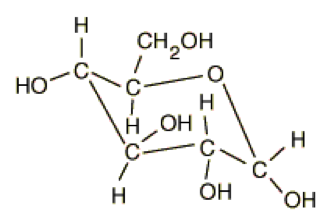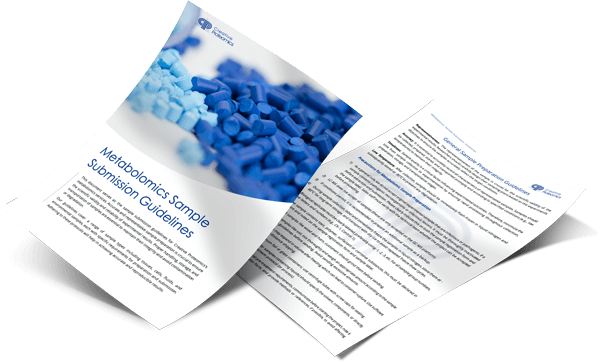What Is Glucose
Glucose is a sugar and the chemical molecular formula is C6H12O6. The name "Glucose" means sweet wine in the Greek language. The suffix "-ose" is a chemical classifier, meaning is a kind of carbohydrate. The D-Glucose, also named as dextrose, exists widely in nature, but the L-Glucose cannot occur naturally.
Glucose is a ubiquitous fuel in biology and is the most widely used as an energy source in most living organisms from bacteria to humans. The biochemical processes to convert Glucose into energy in the form of ATP are aerobic respiration,anaerobic respiration, or fermentation. Glucose can provide about 3.75 kilocalories (16 kilojoules) of food energy per gram through aerobic respiration and is the human body's main source of energy. Glucose can be got through the breakdown of carbohydrates. , Glucose is oxidized to eventually form CO2 and water, and is accompanied by the production of the energy mostly in the form of ATP through the citric acid cycle and oxidative phosphorylation. The concentration of Glucose in the blood can be regulated by the insulin and other mechanisms. The availability of Glucose has big influence on the psychological processes of the brain because the Glucose supplies almost all the energy for the brain.

High-Performance Liquid Chromatography (HPLC) Detection of Glucose and Its Oxidation Products
Currently, methods for the determination of sugar substances primarily include chemical methods, near-infrared spectroscopy, gas chromatography, and high-performance liquid chromatography (HPLC), among others. Near-infrared spectroscopy exhibits relatively lower accuracy, while gas chromatography for sugar substance determination requires derivatization, making it a more cumbersome process. HPLC-based methods for sugar substance determination offer several advantages, such as speed and accuracy, and have been widely applied in the analysis and detection of sugar substances in food and fruits. It is a common means of sugar substance analysis today.
What We Can Do for You
Creative Proteomics has established a mature platform for the quantitative detection of glucose and its oxidation products. This detection platform utilizes High-Performance Liquid Chromatography (HPLC) and biochemical methods to efficiently and accurately assess changes in glucose content. For rare sugar metabolites, if standard samples are provided, this platform can offer customized testing services. In cases where HPLC-based detection is not feasible for certain samples, our detection platform can provide tailored testing or reagent kit outsourcing services. Additionally, we offer various other sugar metabolite detection services to meet your specific requirements.
Technical Advantages
Isotope internal standard correction, absolute quantification by external standard method, providing absolute concentration data.
Provides analysis results such as PCA, PLS-DA, OPLS-DA, univariate tests, Random Forest, SVM screening, ROC, and more.
Adopts a rigorous quality control system to ensure data reliability.
Sample Requirements
Animal and Clinical Tissue Specimens: 200 mg/sample, flash-frozen in liquid nitrogen, stored at -80°C, and shipped with dry ice to avoid repeated freeze-thaw cycles.
Serum and Plasma: 200 μL/sample, flash-frozen in liquid nitrogen, stored at -80°C, and shipped with dry ice.
Urine: 1 mL/sample, flash-frozen in liquid nitrogen, stored at -80°C, and shipped with dry ice.
Microbes and Cells: 1×107 cells/sample, flash-frozen in liquid nitrogen, stored at -80°C, and shipped with dry ice.
Fecal Samples: 200 mg/sample, flash-frozen in liquid nitrogen, stored at -80°C, and shipped with dry ice.
For other sample types, please consult our technical support or sales team.
Note: Avoid repeated freeze-thaw cycles.





